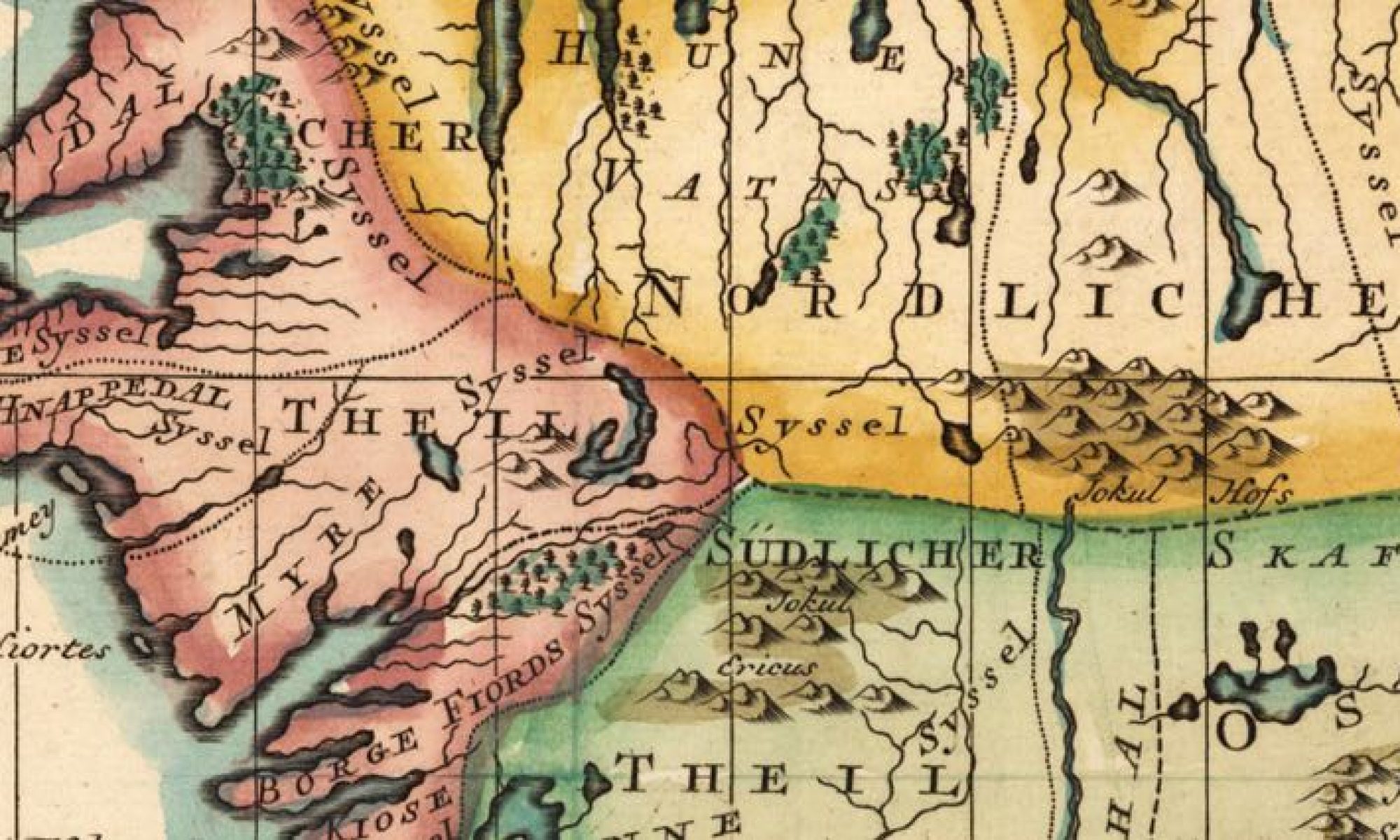Place is typically defined as a point or position in space. Obviously, place is all around us. It is the backdrop of our existence. So if place expands infinitely and connects each of us, what separates this place from that place, my place from your place, a good place from a bad place? What are the components of a place? How do these affect place? How does place affect us?
The easiest pop-culture go-to for any argument regarding place is rap. I’m willing to bet money that even your grandmother sensed the rumblings of the East Coast/West Coast rivalry of the 90s, spearheaded by Biggie Smalls and Tupac Shakur, both giants of the industry, and heroes of their hometowns. Following the untimely death of these artists, the violent tension has settled, but still there remains a divide in a genre that is typically viewed as one of unification and empowerment, and a particular emphasis on place. From Westside rapper Vince Staples’ Norf Norf: “Real Norfside nigga, never went to Poly, Wilson or Cabrillo… From the city where the skinny carry strong heat, Norfside Long Beach, Norfside Long Beach.” From the East Coast, ASAP Rocky’s Purple Swag: “I’m sitting high, I’m tipping slow, I’m Texas trill, Texas trill, but in NY we spit it slow.” From Chicago-based Chance the Rapper’s Hey Ma: “7-7-3, Oh, since Kanye was a three-old, Down the street from D. Rose, was practicing his free-throws, Shout out to that Gulf Shrimp, shout out to King Gyro, Shout out that Ms. Moody, auntie Toni them my heroes.” Place for rappers elicits pride. This is not a rap phenomenon, but a human one. Place is more than a point or position in space. It is every action and reaction in the world converging onto a single point and pressuring it into a slightly new form with each passing second. Place is the home of my culture and my beliefs, and my most important steps happen in my place. It has every right to be a point of pride. My place is MY place. It suits me, and it constructs me.
“Gaze long into the abyss, and the abyss shall also gaze unto you.” A cliched quote, but one still with impressive magnitude. Writers write what they see. What they see is dictated by their place and so they attempt to communicate place by writing, but place affects the writer as much as the writer affects place. The core difference between the West Coast and the East Coast comes from geography. Speaking very generally (perhaps even offensively so), the image of New York gleaned from rap songs is one of a shaded, foggy skyline against a gray sky. It has a rich and electric culture, but there is a cynicism and sense of impending doom. Perhaps this is why New York rap has in recent years tended away from themes of material excess and towards spiritual and personal fulfillment. From Joey Badass’ Unorthodox: “See with your eyes dilated for the sake of the Gs But keep it sacred G, fuck a rat race, we take the cheese..Cause money ain’t a thing if I got it I won’t spend All I got is my Prose, I don’t need no friends Feel like this glory road is coming to an end The only soul that won’t sin No he won’t give in.” The West Coast on the other hand has always seemed more optimistic in its prognosis, fueled by sunny weather and the dream of Hollywood and celebrity just over the hills, but still showing struggle between wealth and fulfillment, and work and entitlement. From Kendrick Lamar’s Money Trees: “A silver spoon I know you come from, ya bish, And that’s a lifestyle that we never knew, Go at a reverend for the revenue, It go Halle Berry or hallelujah.”
Place affects everything, from your appearance to your walk to your talk to your outlook. The significance of place is that it is a single immobile point or position in space, yet every place you’ve been to stays with you forever and is communicated through everything you do.
